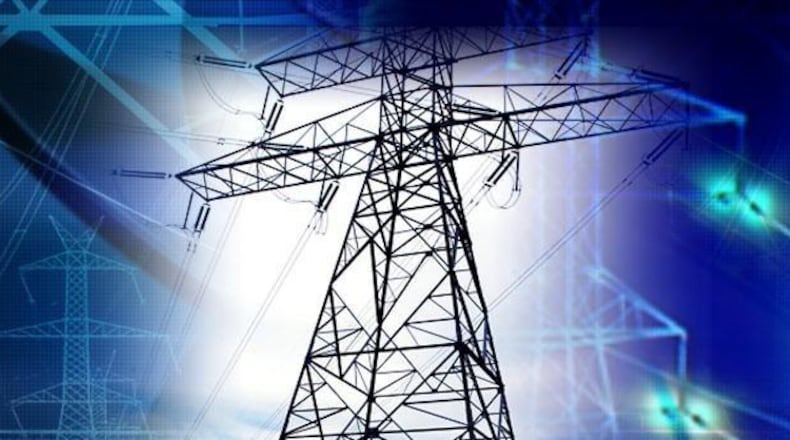AAA offers the following tips for dealing with power outages:
- Contact your power company as soon as possible to report power outages in your area.
- Never run a generator in a closed structure.
- Avoid opening refrigerator or freezer doors in order to prevent food spoilage.
- In the event your power is out for an extended period of time, consume food that may spoil first. Generally, most homeowners policies have coverage for food spoilage up to $1,000 loss, many with a zero deductible.
- Don't refreeze meat that has thawed. Go ahead and cook the meat on an outdoor grill to avoid spoilage.
- Unplug sensitive electronic devices such as TVs and computers to avoid power surge damage.
- Have on hand a supply of water that equates to one-gallon of water per person per day for a minimum of three days.
- Use extreme care operating alternate power sources such as candles.
- Keep your cell phones charged and use only when necessary to conserve power. Take advantage of electronic outlets in public locations that have power.
- Have a family preparedness plan. Your family may not be together when an emergency strikes, so it's important to plan in advance: How you will contact one another, how you will get back together, and what you will do in different situations. Be sure every member of your family has a fully charged cell phone, coins, or a prepaid phone card to call an emergency contact. If you have a cell phone, program that person(s) as "ICE" (In Case of Emergency) in your phone. If you're in an accident, emergency personal will often check your ICE listings in order to gt a hold of someone you know.
>> RELATED: Thousands without power as strong winds whip through the Miami Valley
AAA offers the following tips for fallen trees:
- If your tree falls on your house, your insurance will cover removal of the tree and home repairs due to damage.
- If your tree falls on your neighbor's house, your neighbor's homeowner's policy would provide insurance coverage. The same holds true if your neighbor's tree falls on your home, you would file a claim with your own insurance company.
- If a tree falls in your yard, but doesn't hit anything, you would pay for its removal in most cases.
- If a tree on your property is weak, damaged, or decayed, but you do nothing about it, and it crashes down, you could be held liable for damages.
- Tree limbs that fall on a house or other insured structure on the property would be covered for both the damage the tree inflicts on the house and the cost of removing the tree, generally up to about $500. Other objects that fall on the home are also covered.
- Homeowners policies also include additional living expenses in the event a home is severely damaged by an insure disaster, this would pay for reasonable expenses incurred by living elsewhere while the home is being fixed or rebuilt.
- Physical damage to a car caused by heavy wind or fallen tree limbs is covered under the optional comprehensive portion of an auto policy.
- If you car is damaged by a fallen tree or limbs, you would need to file a claim using your vehicle policy's comprehensive coverage.
>> RELATED: Trees, wires reported down as high winds move across the Miami Valley
AAA recommends these tips to help the claims process go smoothly for homeowners who experienced damage to their cars, homes or property:
- Take appropriate immediate and temporary measures to prevent further damage. If you do make minor repairs before an insurance adjuster arrives, save receipts to submit for reimbursement.
- Call your insurance agent or company immediately. Be prepared with a list of questions ahead of time: Am I covered? Does my claim exceed my deductible? How long will it take to process my claim? Will I need to obtain estimates for repairs to structural damage?
- If your home is damaged to the extent you cannot live there, find out if you have coverage for additional living expenses for accommodations while repairs are completed. If you do stay at a hotel, keep your receipts for reimbursement.
- Schedule a time for an adjuster to inspect the damage to your property.
- Prepare a list of lost or damaged articles. Avoid throwing out damaged items until the adjuster has visited. Consider photographing or videotaping the damage.
- Get claim forms. Insurance companies will send required claim forms by a specified time period. Be sure to completely fill out the form and return promptly to avoid delays.
>> RELATED: Photos: High winds cause tree and wire falls across the Miami Valley
About the Author
